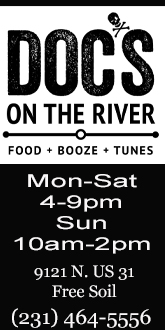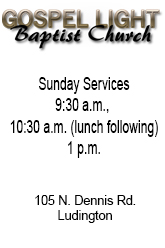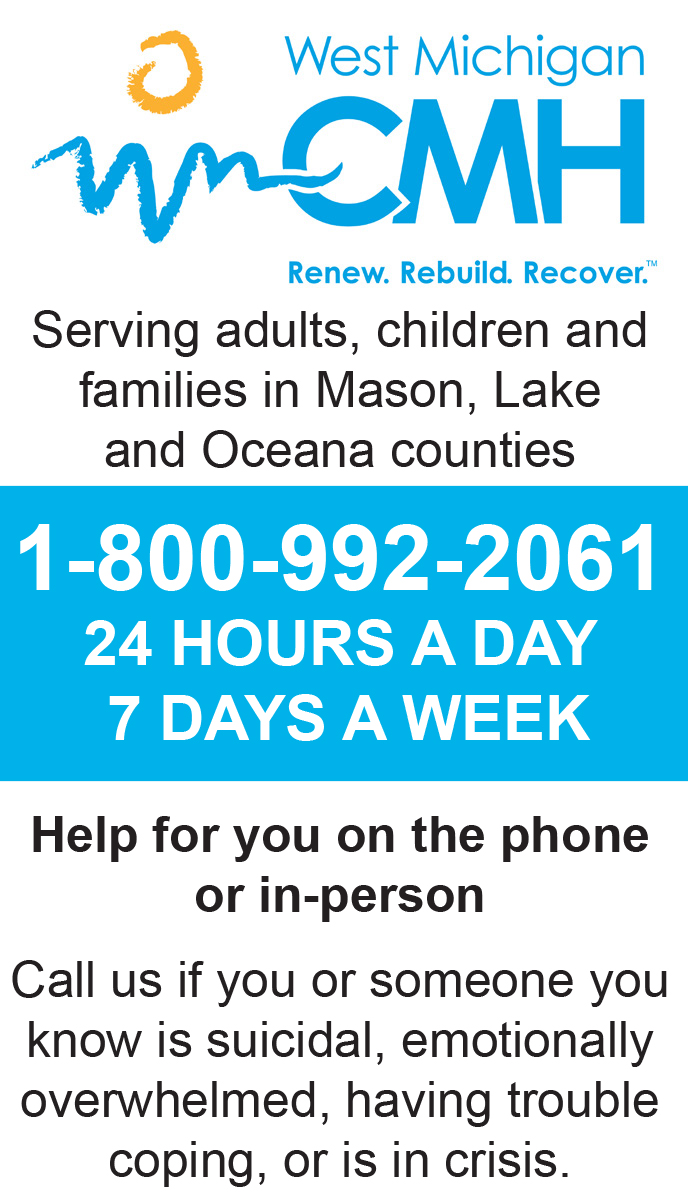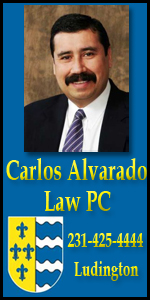
Stephen Alsum of the Grand Rapids Red Project trains law enforcement personnel on the use of Narcan.
By Rob Alway, Editor-in-Chief.
Area law enforcement personnel are being equipped with a antidote that has been proven to save lives. Several police officers went through a training this past week to learn how to administer Narcan, an antidote that is used to counteract an opiate overdose. The distribution of Narcan, also known as Naloxone, is paying paid for through funding from the Lakeshore Regional Partners, a public behavioral health plan for people with mental illness, developmental disability and substance use disorders in Allegan, Kent, Lake, Mason, Muskegon, Oceana and Ottawa counties. West Michigan Community Mental Health is the coordinating local agency.
“West Michigan CMH determined that, in addition to working to expand and improve treatment services, we also wanted to partner with local law enforcement by funding a project to equip and train them to help save the life of an individual who has overdosed on an opiate medication (typically pain killers) or an illicit drug,” said Josh Snyder of CMH.
Snyder said the administration of Narcan by first responders comes as a result of a 2013 Office of Drug Control Policy statement, which listed various strategies to address the growing problem of opiate addition and opiate overdoses in the United States.
“One of the strategies was to equip first responders with the naloxone medication as are often the first ones on the scene,” Snyder said. “Naloxone literally has saved hundreds and hundreds of lives.”
Snyder said opiate addition is a real issue in this area.
“Naloxone is not treatment, it is a medical intervention to save lives similar to CPR or any other life saving measure for a medical emergency,” Snyder said. “Saving a life provides an opportunity for an individual to take necessary steps to address the problem that lead to the overdose through treatment.
“People who have passed away, can’t get into treatment, and treatment works to help people get into a life of recovery. In addition, this medication can be used for an opiate overdoes from any circumstance including a suicide attempt, accidental overdose from a person accidentally taking too much of a substance, or a person with a substance abuse problem who accidentally overdoses. In addition, it is important to recognize that addiction does not discriminate based on income, race, age, social status, employment, etc. People whose lives could be saved are grandparents, mothers, fathers, teens, and children.”
“We at the sheriff’s office are committed to protecting the public, all of the public,” Mason County Sheriff Kim Cole said. “Although I don’t condone the use of drugs, I do understand the addiction and recognize those who this may help or save are loved ones of others. They are moms and dads, sons and daughters. How do we look the families in the eyes knowing we could have helped but didn’t.”
According to published reports, Narcan only works to contradict opiates. If it is administered to a patient who has not taken opiates, it basically has not effect on the person.
Snyder said CMH is currently distributing Narcan to nine local law enforcement agencies. Many fire department medical first responders are already equipped with it.














.jpg)



















 (1).gif)












.png)






